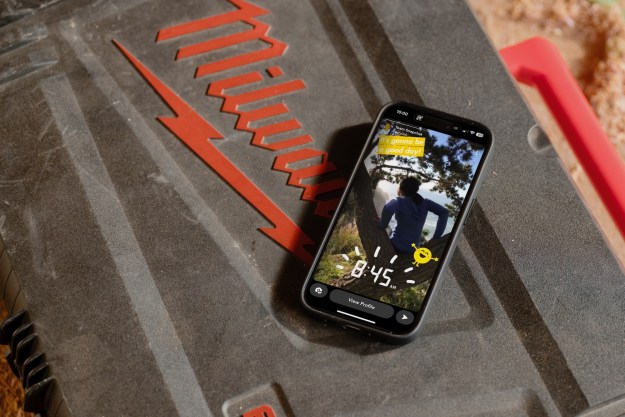
Finally, the U.S. landline telephone system is likely to join the 21st century. Tom Wheeler, the Federal Communications Commission’s awesome new chairman, announced on Tuesday plans to begin transitioning the nation’s copper-based landline network to a digital one similar to Internet phone services, like Skype or Vonage.
Starting in January, the FCC is expected to begin a “diverse set of experiments” to figure out how to roll out the new IP-based phone system. Because an IP landline network could handle large amounts of data, unlike copper wires which are far more limited, the new landline system could usher in the age of video calling that, as The New York Times points out, we’ve been waiting for since the 1960s.
As Wheeler notes, however, video calling – which, thanks to Skype, FaceTime, Google Hangouts, and countless other apps, is no longer novel – is only one example of the kinds of innovations an IP landline network could allow.
“This is what I have called the Fourth Network Revolution, and it is a good thing,” wrote Wheeler on the FCC blog. “History has shown that new networks catalyze innovation, investment, ideas, and ingenuity. Their spillover effects can transform society – think of the creation of industrial organizations and the standardized time zones that followed in the wake of the railroad and telegraph.”
(Side note: Railroad and telegraph? Who’s Wheeler trying to connect with here? We know old people like landlines, but this is just ridiculous. Anyway …)
Legacy phone companies, like AT&T, are pushing hard for the change, while rolling out their own alternatives, such as AT&T U-Verse and Verizon FiOS offerings. These companies don’t want to deal with the outdated copper line system that is costly to maintain, and is quickly dwindling in popularity among wirelessly connected Americans. As of 2012, fewer than half (51.7 percent) rarely use their landlines, and many U.S. households don’t have a landline at all, according to a study by the Centers for Disease Control (pdf).
Despite the obvious need to upgrade, the transition to an IP-based system won’t happen without its headaches. Many millions of people, especially those in rural areas, still rely on the copper system. The network will need to work seamlessly with 9-1-1 emergency systems. And any of us who still use landlines will have to buy all new phones – think back to the FCC’s transition to digital broadcast signals, and you can see what we’re talking about.
Regardless of the cost and potential hassles, the upgrade is all but inevitable. Wheeler’s plan will still need to receive a vote from the majority of the FCC’s five commissioners – but many of the commissioners have already voiced support.
We’re curious: Do you still use a landline phone? If not, would an IP-based network persuade you to have one?

